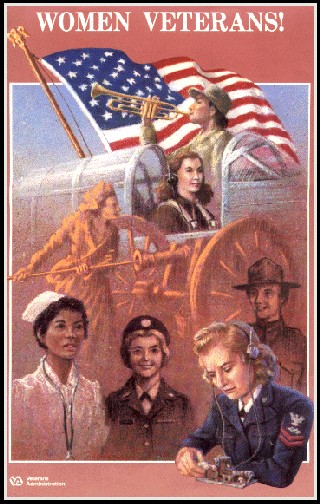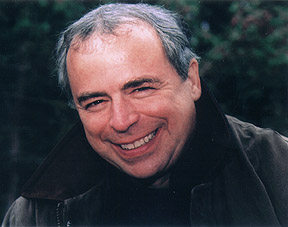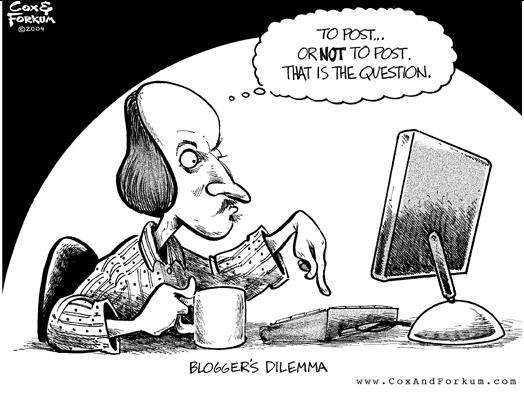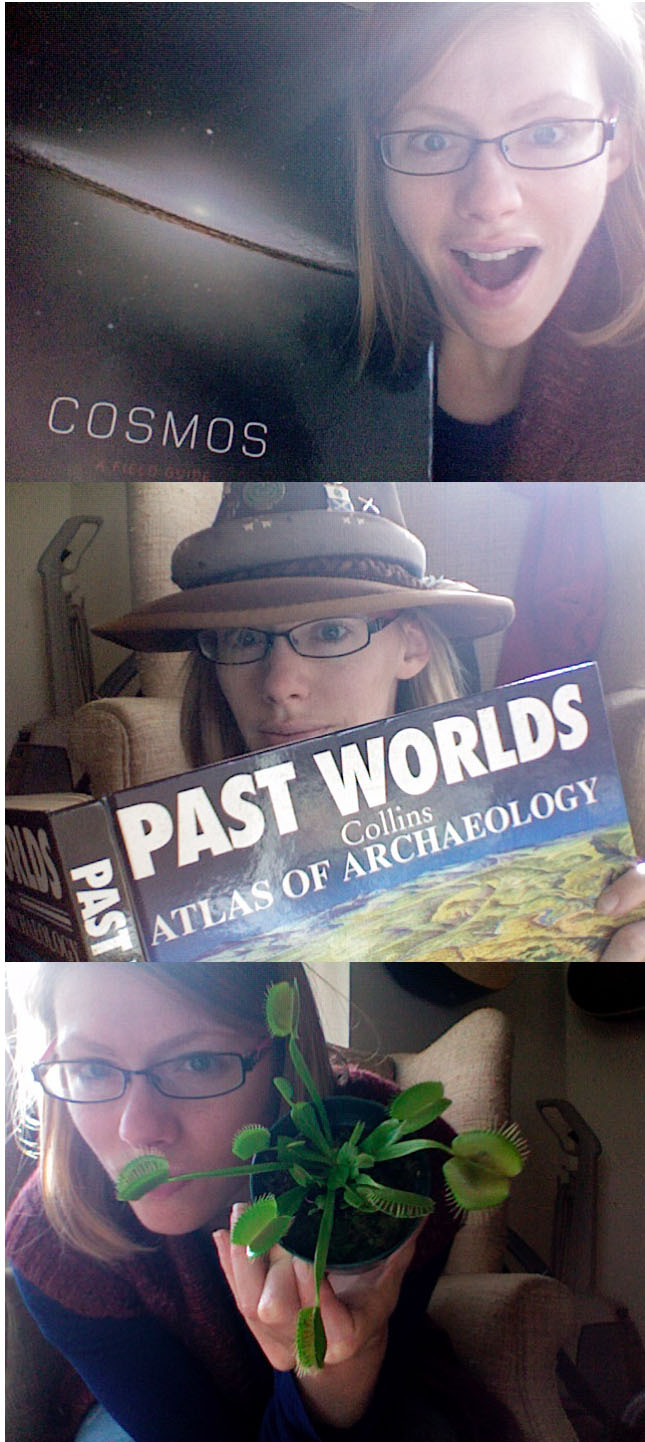 As a child, I had a very rigid definition of what veterans were: Veterans were old men who fought in WWII. They hung out at the VFW in Oakville and only ever came out for parades. I thought of them, alternately, as nice old men and the walking counterparts of my history lessons.
As a child, I had a very rigid definition of what veterans were: Veterans were old men who fought in WWII. They hung out at the VFW in Oakville and only ever came out for parades. I thought of them, alternately, as nice old men and the walking counterparts of my history lessons.
I admit to having been an ignorant child (I didn’t even think of my two uncles, who served in the Navy, as vets because they weren’t geriatric) but veterans have changed a lot since 2001. Now most vets I meet are in their mid-20s. They are my friends, and my classmates, and my co-workers, and my students. They are, in many cases, very young women who come home to their children and who need a place to live.
In Bridgeport, veteran housing group Homes for the Brave has been paying close attention to that last group of veterans: Female vets who need housing, both for themselves and their children. Homes for the Brave, which runs a 42-bed facility for male vets up the street from my house, has been trying for a year and a half to provide beds for homeless female veterans. This year, in August, the group obtained zoning approval for a 17-bed group home for female vets on Elmwood Ave in Bridgeport’s West End. This is huge.
When I wrote a story about this in 2009, only three of the state’s 106 beds for homeless veterans were set aside for women. Which is ridiculous, because something like a quarter of Connecticut’s soldiers serving abroad are female. Added to that, the National Coalition for Homeless Veterans says that female veterans are 3.6 more likely to become homeless than females who aren’t veterans. And they are two to four more likely to become homeless than males, according to a 2007 study by the National Alliance to End Homelessness Research Institute. Why? The study suggested that more females had experienced traumatic events before they joined the military (ie, joining the service to escape abuse) and after discharge are dealing with PTSD on multiple levels.
Whatever the reasons, the state needs more housing for female vets. I’m thrilled to think that that the first shelter for female vets (and their children, up to age 2) will be in our city. It’s a really big step in the right direction.





